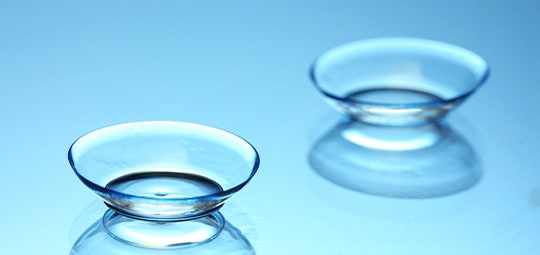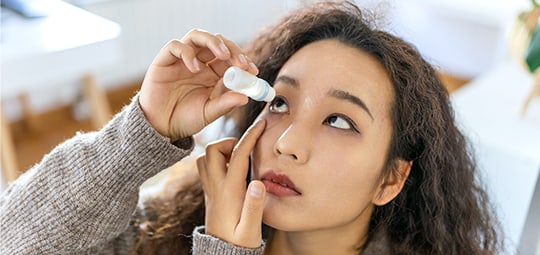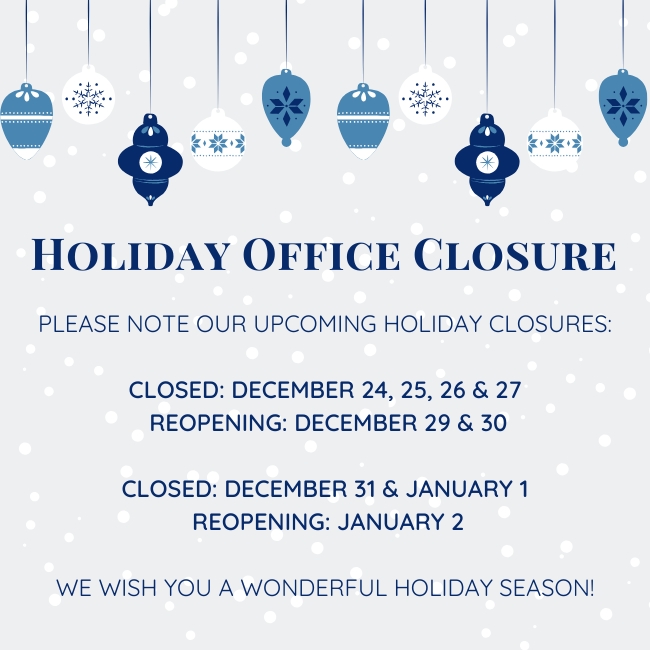Protecting Your Child’s Vision for the Long-Term
Myopia, or nearsightedness, is a very common eye-focusing disorder that causes objects in the distance to appear blurry. For generations, myopia was simply corrected with glasses or contact lenses, and worsening vision was just a part of getting older. But now, there have been significant advancements in research and technology to help prevent the progression of myopia and reduce the risk of visually threatening eye disease as a result.
With myopia control, we can slow the progression of nearsightedness in children. This means we can reduce a child’s risk of certain eye diseases later in life, prevent worsening vision in the future, and help improve their confidence and quality of life!
The best myopia control method for each child depends on their unique eyes and what works for your family. We may recommend one or more of the following approaches:
- Ortho-keratology (overnight contact lenses)
- Multifocal contact lenses
- Specialized glasses
- Low-dose atropine eye drops
We can easily and simply diagnose nearsightedness in your child in a routine children’s eye exam. We’ll also measure the size and shape of your child’s eyes with a quick scan to better track their growth.
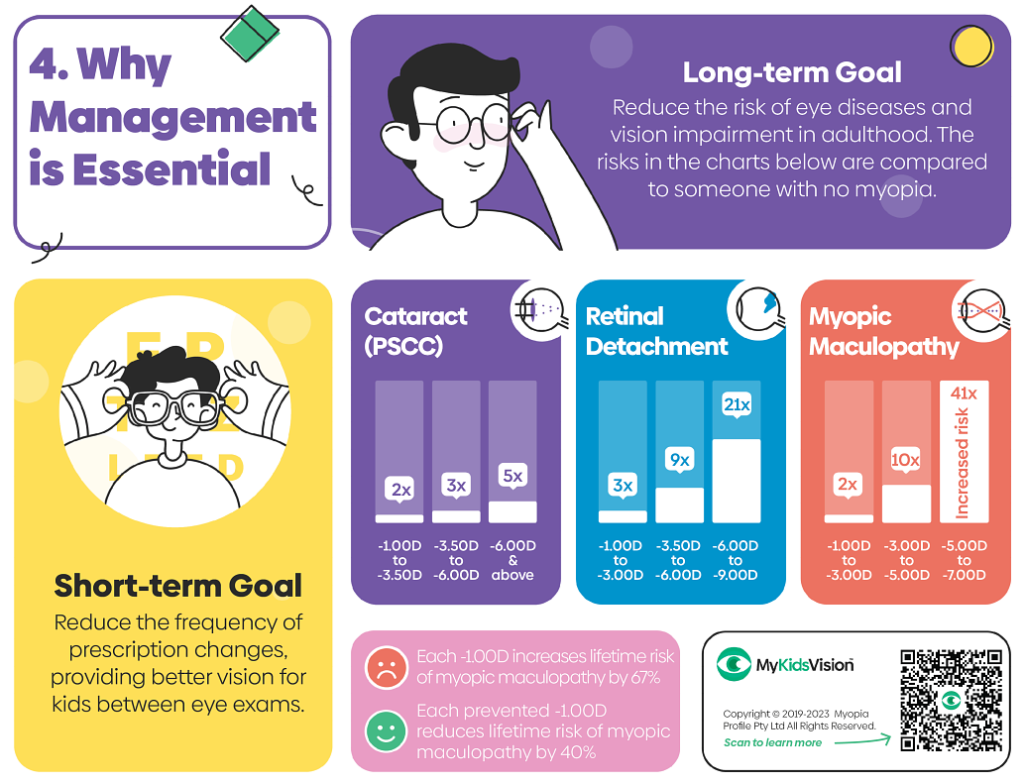
Why the Size & Shape of Your Child’s Eyes Matters
Myopia is caused by the eyeball being too long or the cornea being too curved, preventing light from focusing properly on the retina, and leading to blurry vision.
The size and shape of your child’s eye is a key aspect of myopia control and management. The axial length is the measurement of the eye from front to back. For a child with myopia, their axial length grows at a faster rate than normal, changing the shape of their eye and adding to the risks of eye diseases in the future if left unmanaged.
Request AppointmentWhat Is Myopia & What Can I Do About It?
What Happens in my Child’s Myopia Control Eye Exam?
During your child’s eye exam, we’ll check their prescription, the health of their eyes, and the flexibility of their focusing system. We will compare it to previous measurements to better understand how it has progressed.
We’ll use a noninvasive imaging tool called corneal topography to have a detailed view of their corneal shape and detect any distortions or irregularities. With a quick scan, we’re also able to easily check and monitor the growth rate of your child’s axial length and work on a treatment plan to slow down the progression of the condition over time.
Based on the results from your child’s eye exam, we’ll outline and explain our suggested myopia control plan for your child.
How We Can Manage Your Child’s Myopia
Our goal is to sustain great eye health for your child and safeguard their long-term vision. When detected early, myopia can be managed as we work to prevent more serious vision problems down the road.
At Eyes on Weston, we offer a variety of treatment options that can be personalized to your child’s unique vision.
Ortho-k Lenses
Orthokeratology (ortho-k) is a myopia control option that involves the use of rigid gas-permeable contact lenses worn while your child is asleep that gradually reshape the cornea.
We fit both VRT and CRT ortho-k lens types at Eyes on Weston.
Ortho-k can help eliminate or reduce the need for your child to wear glasses or contact lenses during the day.
Soft Contact Lenses
Soft contact lenses consist of a flexible plastic material that allows oxygen to pass through to the cornea. We offer 3 types of contact lenses for myopia management:
-
- MiSight 1 day: FDA-approved soft contact lens designed to slow myopia, intended for daily use.
-
- Ability 1-day: A disposable silicone hydrogel lens designed to delay the progression of myopia and simultaneously correct vision.
-
- Multifocal contact lenses: These lenses contain multiple prescriptions in one lens and are tailored to patients with high astigmatism.
Myopia Control Glasses
Myopia control glasses have special lenses intended to correct central vision and defocus peripheral vision. This helps light focus properly on the retina and prevents further axial growth.
We offer Essilor Stellest Lenses, which use HALT technology to create peripheral focus and MiSight spectacle lenses, featuring DIMS technology, which uses contrast sensitivity to prevent axial growth.
For your child, it’s as simple as wearing glasses.
Atropine Eye Drops
Although the mechanism of atropine eye drops is not fully understood, they can be used to dilate the pupil before an eye exam. In small doses, they can also be effective in slowing down myopia progression by temporarily relaxing the eye’s focusing muscles.
Another potential function of atropine eye drops is that they strengthen the sclera so the eye is stronger and cannot elongate as easily.
Atropine eye drops are administered at night before bed. It’s important to note that even with atropine eye drops, your child may still need to wear glasses.
How the MYAH Helps Us Personalize Myopia Control
Managing myopia isn’t just about updating glasses, it’s about slowing down how quickly the eyes are growing. That’s where the Topcon MYAH comes in. This tool gives us a clear, detailed view of how your child’s eyes are changing so we can customize their care with greater precision.
The MYAH allows us to:
- Measure axial length, which shows how quickly the eye is growing
- Map the cornea to support contact lens fittings and rule out irregularities
- Track pupil response to help guide ortho-k and atropine treatment decisions
This information helps us detect fast progression early and fine-tune the treatment plan. Whether your child is using MiSight lenses, ortho-k, or atropine drops, the MYAH helps us deliver more effective, personalized care.
Why Does Myopia Control Matter?
Left untreated, myopia increases your likelihood of developing other eye diseases such as glaucoma, cataracts, and retinal detachment—all of which can eventually lead to vision loss. The sooner you detect and address the condition, the better we can help preserve your child’s long-term eye health.
It is important to have annual eye examinations and always have your child in their most updated prescription, as under-correcting their myopia does cause a more rapid progression.
Myopia doesn’t have to become a barrier in your child’s life. With the proper management and care, your child can continue living a full and enriched life.
Your Child’s Eyes Matter to Us, Just Like It Matters to You
The Eyes on Weston team is more than happy to partner with you on the journey to protecting your child’s precious vision.
We also recommend taking this short questionnaire to help you learn more about your child’s myopia risk.
Whether your child is currently struggling with myopia or you’d like to confirm if your child has myopia, the doors at our office are wide open. We look forward to cultivating a lasting relationship with you and your family.
Request AppointmentOur Brands
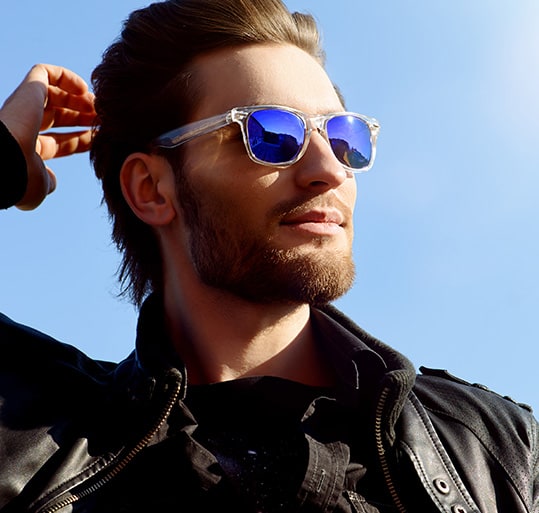
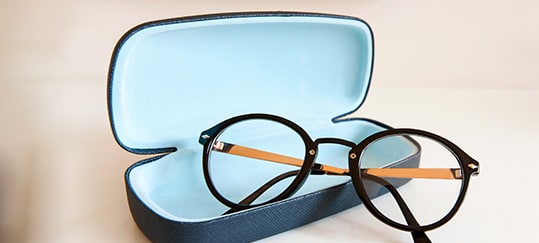
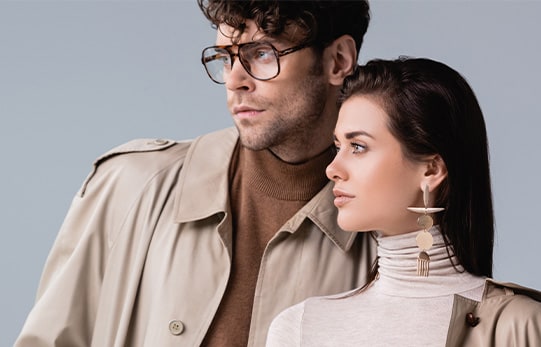
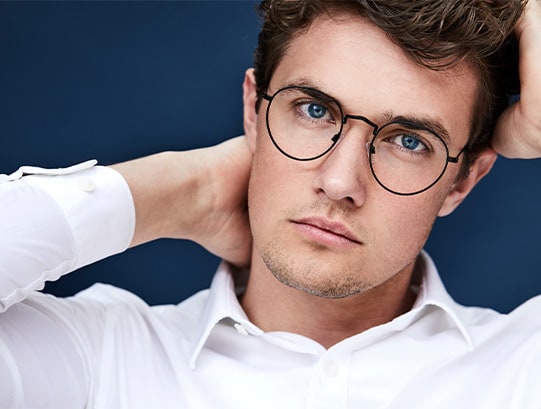




Our Google Reviews
Our Location
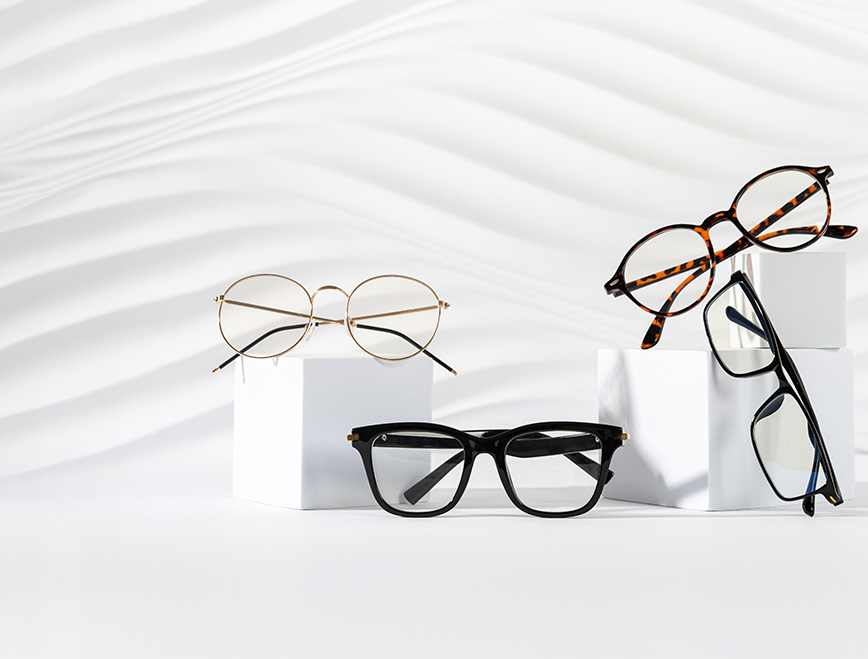
Our Address
Contact Us
- Phone: 905-264-6454
- Email: [email protected]
Clinic Hours
- Monday: 9:00 AM – 5:00 PM
- Tuesday: 9:00 AM – 5:00 PM
- Wednesday: 9:00 AM – 5:00 PM
- Thursday: 9:00 AM – 5:00 PM
- Friday: 9:00 AM – 5:00 PM
- Saturday: 9:00 AM – 3:00 PM
- Sunday: Closed



